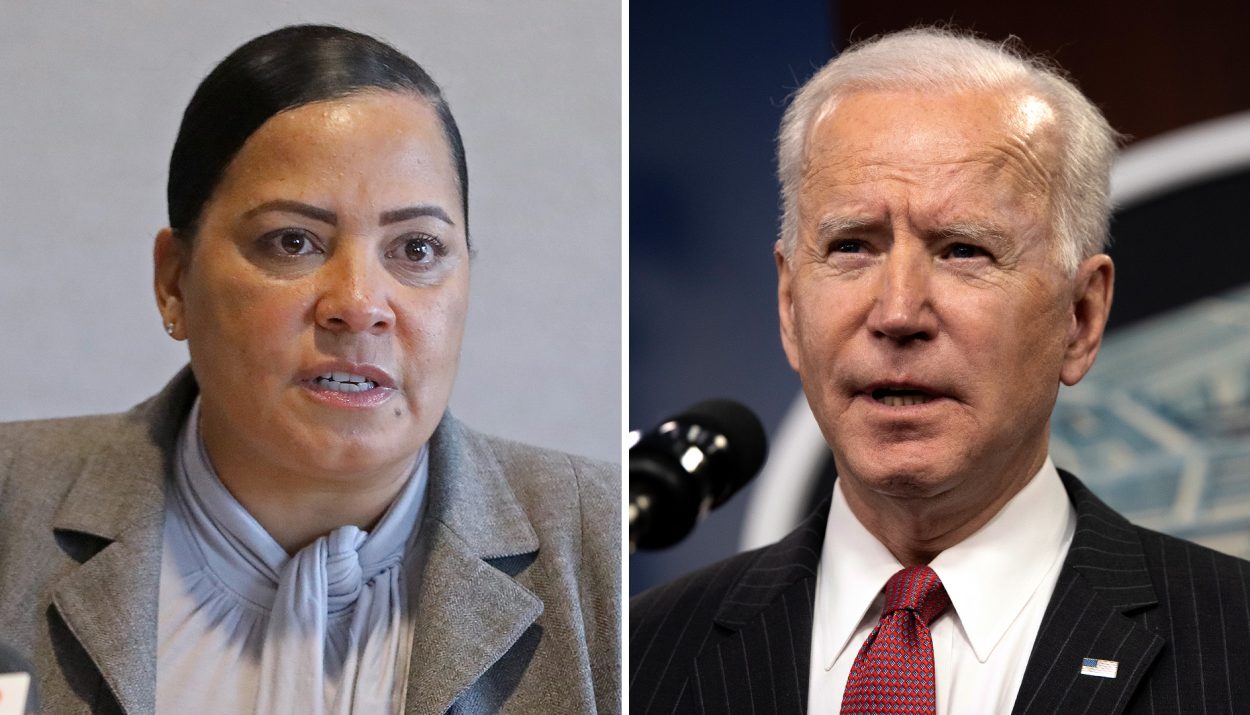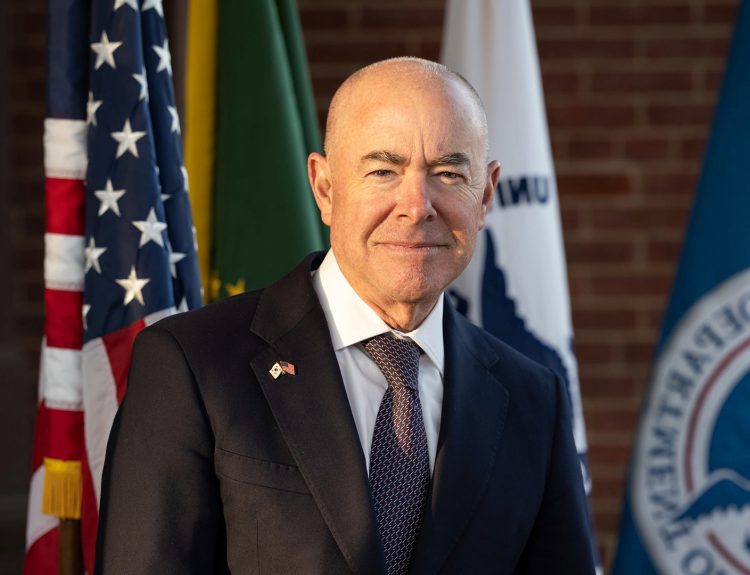The saga of Rachael Rollins, the former U.S. Attorney for Massachusetts, worsens. Less than a year after resigning amid a lengthy Department of Justice investigation into misconduct, the once-rising Democratic star has now had her law license suspended, court records show.
The latest blow caps a stunning fall from grace for someone paraded as a leader in criminal justice reform. But the controversial former prosecutor’s ethical lapses in office tell a different story.
Rachael Rollins: Biden’s Controversial Nominee
Rollins seemed like an unconventional choice for U.S. Attorney. As Suffolk County district attorney, she pushed for progressive reforms, refusing to prosecute minor charges like trespassing, shoplifting, and driving with a suspended license.

Supporters praised her approach, calling her a “national leader” on criminal justice reform. However, Rollins faced criticism from Republicans who claimed her policies were soft on crime.
Partisan Politics and Questionable Ethics
According to the DOJ report, Rollins attended a fundraiser for Biden’s 2020 campaign, falsely testifying she received approval to do so. She was also found to have leaked sensitive information to help a Democratic candidate win a local election.

The report revealed a pattern of dishonest and unethical behavior. She used her position and government resources for partisan gain, compromising her integrity as U.S. Attorney.
A Controversial Legacy with a Vision but No Integrity
Rollins resigned shortly after the DOJ report was released, leaving behind a complex legacy. While her progressive reforms were admirable, her political ambitions and questionable ethics undermined her mission.
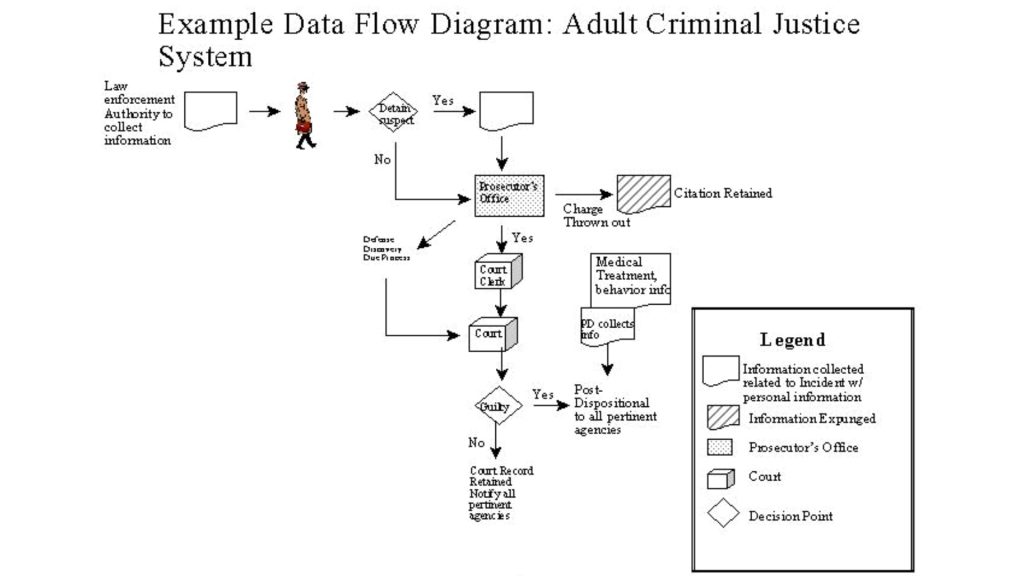
Her controversial tenure highlighted the challenges of reforming the criminal justice system. Meaningful change requires leaders with both vision and integrity. Rollins had the vision but lacked integrity.
Rollins’ Rise to Prominence as Suffolk County DA
Rachael Rollins served as the Suffolk County district attorney from 2019 until 2021, gaining national attention for her progressive approach to criminal justice reform.
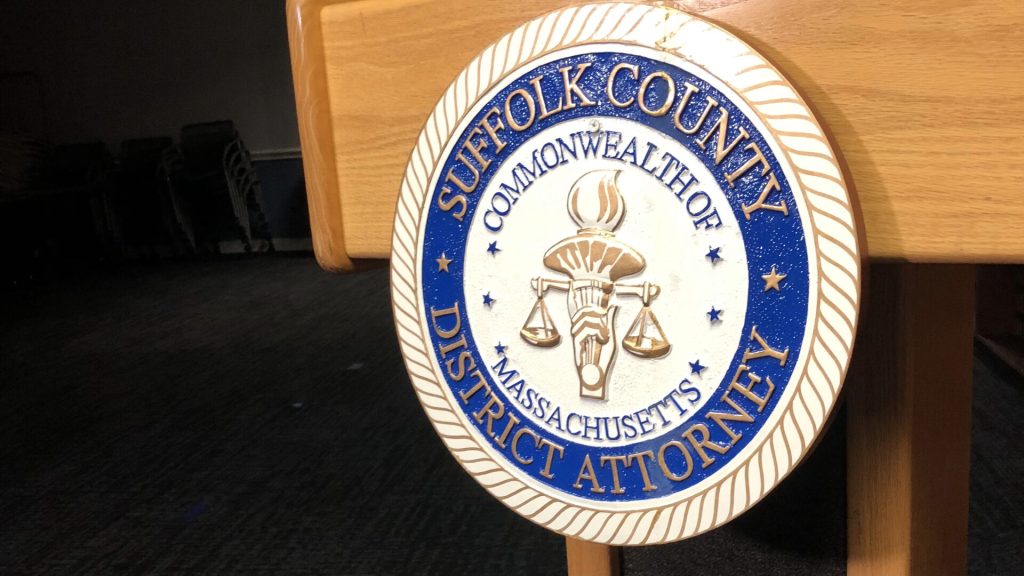
During her tenure, Rollins refused to prosecute certain low-level crimes like drug possession, trespassing, and disorderly conduct to reduce incarceration rates, especially among minorities and those suffering from substance abuse disorders or mental health issues.
A Bold Step Toward Dismantling Mass Incarceration
Rollins’ policies were praised by many on the left as a bold step toward dismantling mass incarceration and addressing racial disparities in the justice system.

“We need to stop criminalizing poverty, mental illness, and addiction,” Rollins argued. She implemented diversion programs to connect offenders with social services instead of jail time.
A Legacy of Restorative Justice Practices
Her office also expanded the use of restorative justice practices like community service and reconciliation to hold offenders accountable while avoiding the stigma of a criminal record.
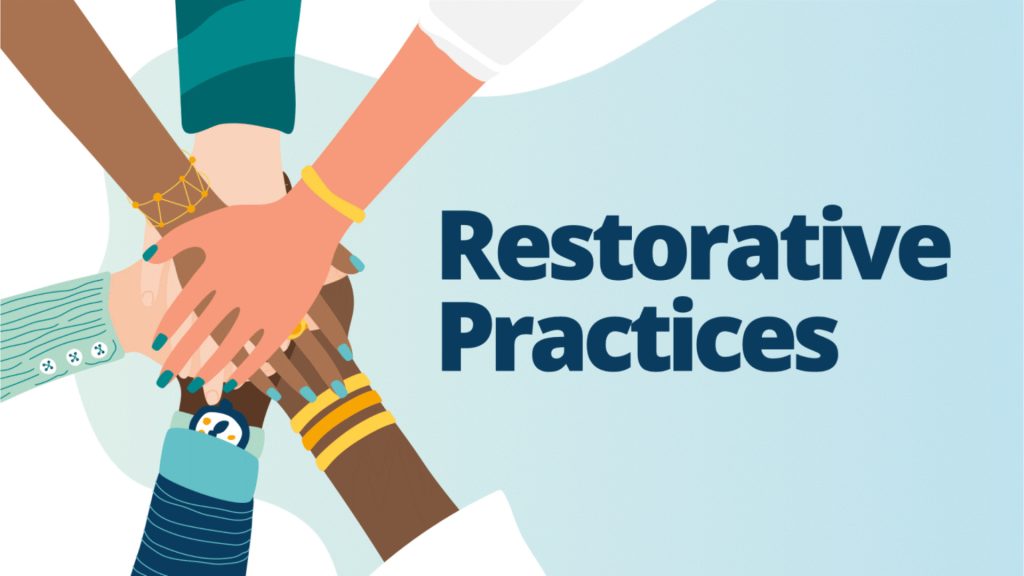
However, Rollins’ approach was also criticized by some as too lenient and threatening to public safety. Some concerns are that declining to prosecute entire categories of crimes would embolden criminals and discourage law-abiding citizens.
Rollings Nomination By Biden in 2021
By the time President Biden nominated Rollins as U.S. Attorney for Massachusetts in 2021, she had emerged as a leading progressive voice in criminal justice reform and a frequent guest on cable news.
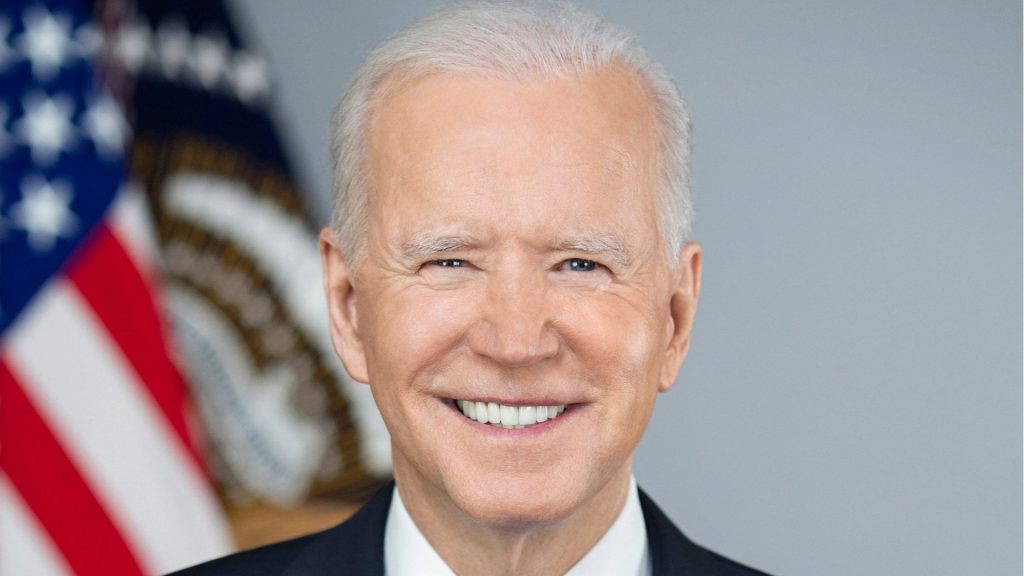
Allies praised her nomination but strongly opposed it by Republicans, foreshadowing the partisan battles that would come with her new role.
Republican Senators Voice Disapproval
Republican Senators like Tom Cotton of Arkansas and Ted Cruz of Texas were vocal in criticizing Rollins’ nomination. They pointed to rising homicide rates in Boston as evidence her policies were misguided, though experts said there was no proven link between the two.
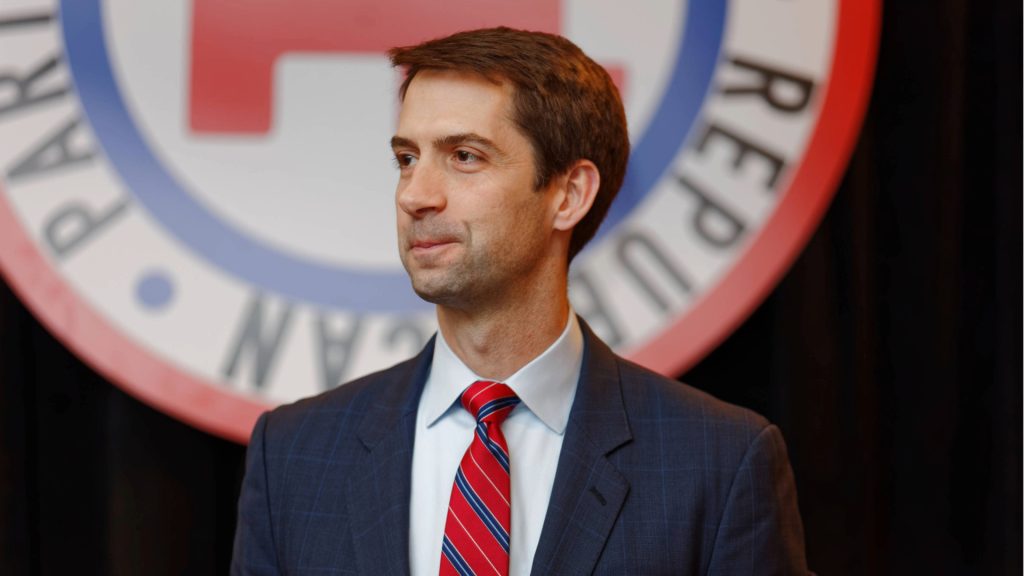
Rollins’ supporters argued Republican opposition was purely political, given her progressive views and Biden’s nomination.
Nomination Advances Despite Partisan Divide
Democrats held a narrow majority in the Senate, allowing Rollins’ nomination to advance despite unanimous Republican opposition. All 50 Democrats voted to confirm Rollins as U.S. Attorney for Massachusetts.
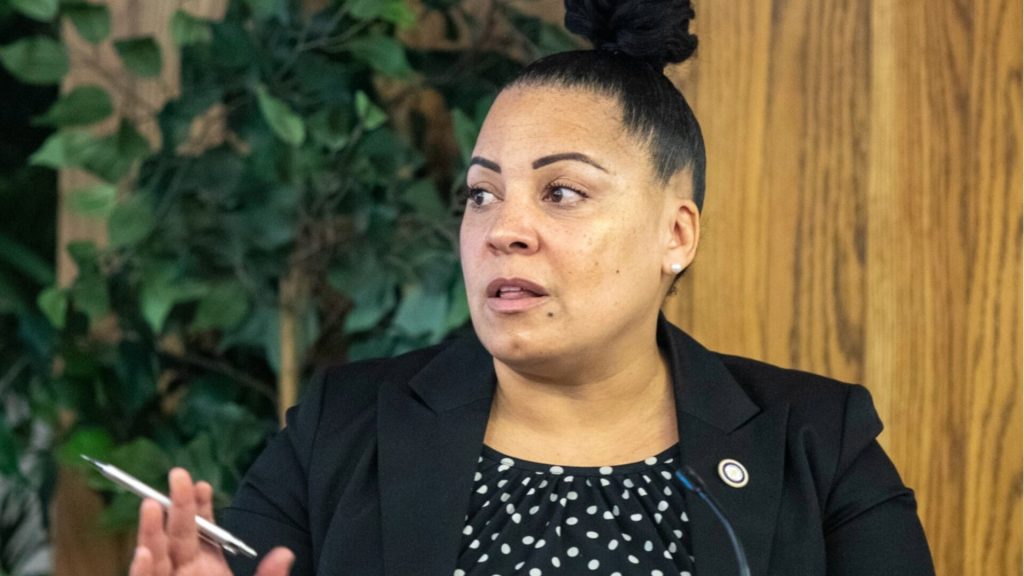
Her confirmation was seen as a victory for progressive prosecutors and the Biden administration’s efforts at criminal justice reform-however, her tenure as U.S. Attorney was short-lived.
Rollins’ Unethical Misconduct Uncovered
Rachael Rollins’ short tenure as U.S. Attorney was marred by unethical behavior and misconduct that ultimately led to her resignation.

According to the DOJ’s report, Rollins improperly attended a fundraiser for Biden’s re-election campaign despite rules prohibiting political activities by DOJ employees.
False Testimony Under Oath
As the DOJ investigated Rollins’ misconduct, she repeatedly lied under oath about her actions. She falsely claimed that she did not leak sensitive information to the state representative at the fundraiser.

However, the DOJ investigation found email exchanges between Rollins and the representative proving that she shared details about ongoing cases.
Attempted Election Interference
Perhaps most egregiously, Rollins’ misconduct appeared to be part of an attempt to influence an election. Rollins aimed to give them an advantage in their re-election campaign by sharing non-public information about DOJ cases with the state representative.
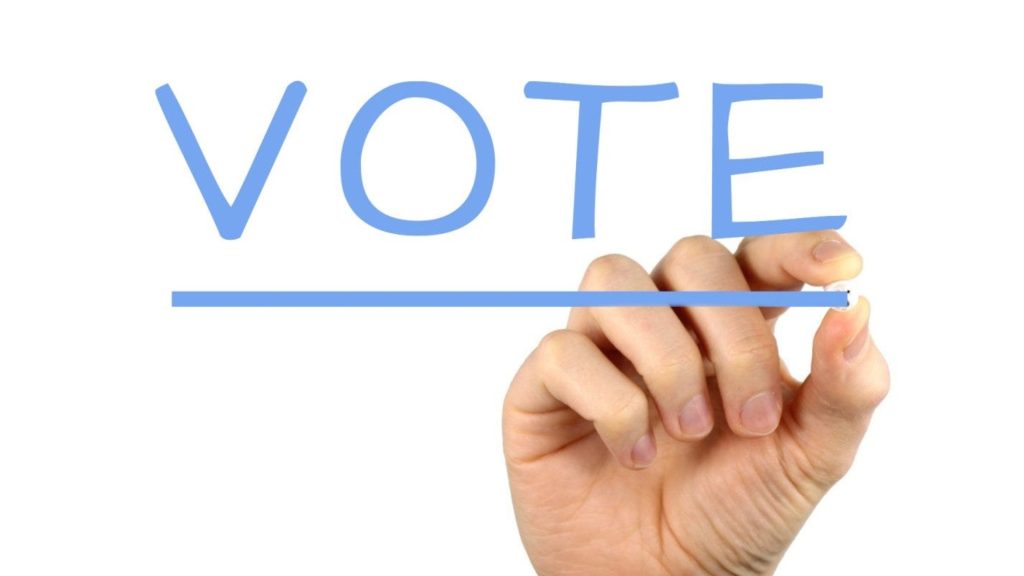
Her willingness to abuse her position of power for political gain represented a serious breach of ethics. The DOJ report revealed a pattern of dishonest, unethical behavior during Rollins’ short time as U.S. Attorney.
DOJ Investigation and Damning Report
The Department of Justice launched an investigation into Rollins after she attended a fundraiser for Biden’s presidential campaign in August 2021.
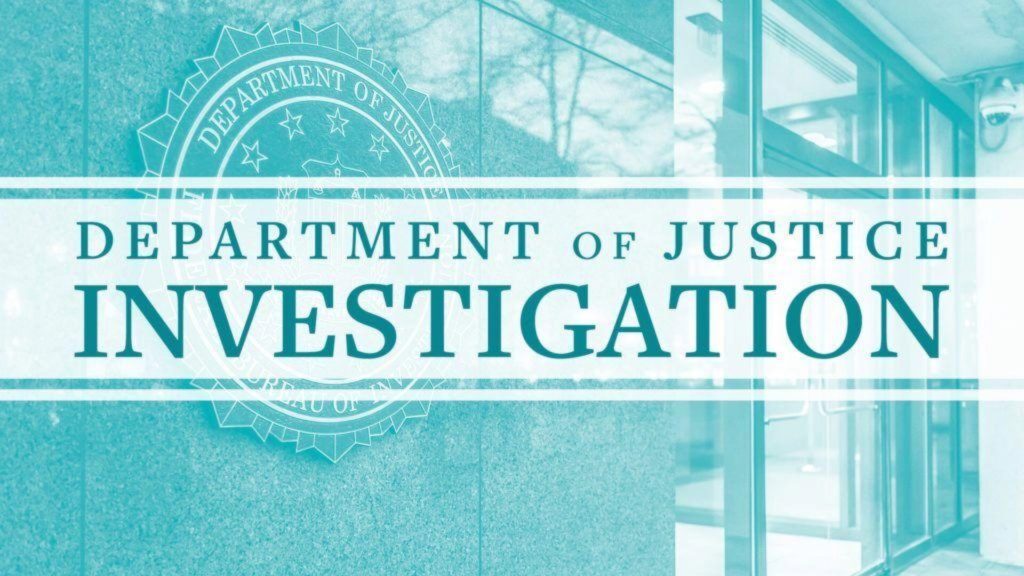
Their report found that Rollins gave false testimony about leaking sensitive information to help a Democrat candidate win the election.
Resignation as U.S. Attorney for Massachusetts
Rachael Rollins’ short tenure as U.S. Attorney abruptly ended last May amid an investigation into her misconduct by the Department of Justice’s Office of the Inspector General.

Rollins resigned after the DOJ found she had acted unethically by attending a partisan Biden fundraising event and leaking sensitive information to the press.

